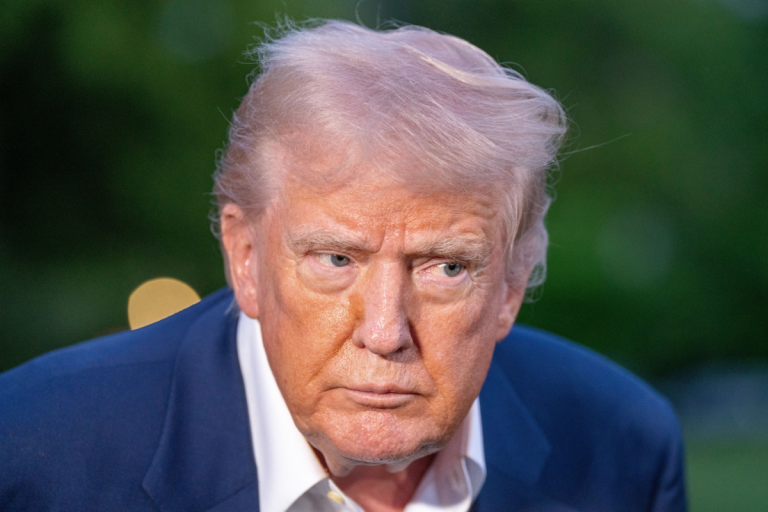Former President Donald Trump has reignited debate over the identity of America’s military establishment by suggesting the Department of Defense should revert to its pre-1947 name: the Department of War. His remarks came amid global examples of varied military ministry titles and have drawn sharp criticism from veterans and lawmakers who see the move as politically charged and symbolically aggressive.
Global Military Ministry Names
Many nations frame their armed forces under ministries of defense, though naming conventions differ. Russia, China, and North Korea use ministries of defense, with Pyongyang only recently abandoning its Ministry of the People’s Armed Forces title. Myanmar shifted from a War Office to a defense ministry in 1956, though its decades-long civil conflict continues. Venezuela’s military authority carries the title Ministry of People’s Power for Defense, while Iran adds “Armed Forces Logistics” to its ministry’s scope. These variations underscore how nomenclature often reflects ideology or political messaging as much as organizational structure.
Trump’s Rationale for the Change
Speaking in the Oval Office on Aug. 25, Trump argued that “defense is too defensive” and that “War Department” better captures the United States’ historical record of victory through World War II. Defense Secretary Pete Hegseth endorsed the proposal, calling it a return to the “warrior ethos” and emphasizing readiness to fight and win. An online survey conducted by Hegseth earlier this year found that respondents favored “War” over “Defense” by a slim majority of 54.3%.
Backlash from Veterans and Lawmakers
The proposal has stirred criticism in Congress, particularly from lawmakers with military service. Sen. Mark Kelly, a former Navy pilot, said the move reflected the perspective of “someone who avoided the draft,” referencing Trump’s five deferments during the Vietnam War. Sen. Tammy Duckworth, a wounded Iraq veteran, suggested funds earmarked for rebranding would be better spent supporting military families. Rep. Eugene Vindman, a former Army officer, dismissed the idea as “political theater” and warned against inflaming a war-weary public. Critics argue the change risks projecting unnecessary aggression abroad and politicizing the military’s role at home.
Implications and Symbolism
While altering the department’s name would not change U.S. military capabilities, it could influence international perceptions and domestic political debate. Supporters see the rebrand as a rallying point for strength and tradition, while opponents warn it could undermine America’s credibility as a stabilizing power. The controversy highlights how terminology can carry deep symbolic weight, shaping narratives of war, peace, and national identity.


